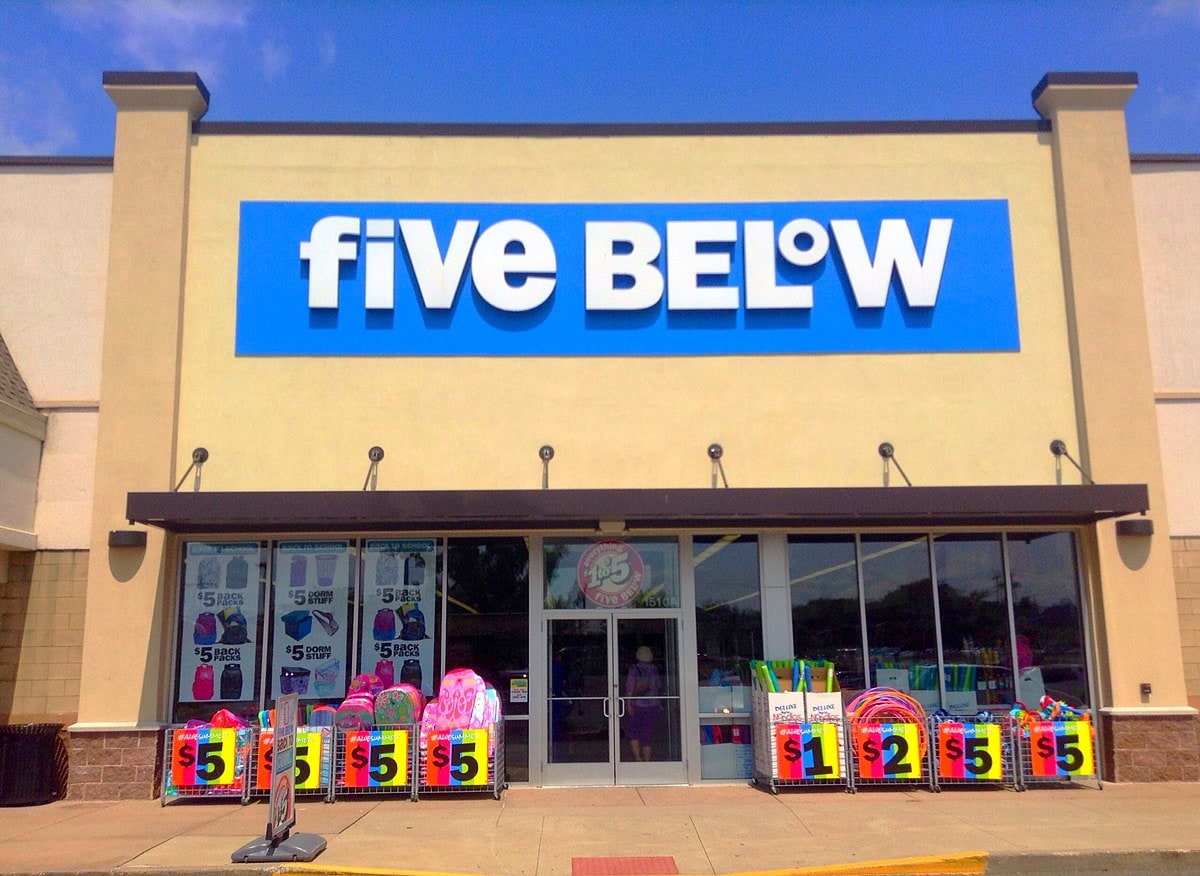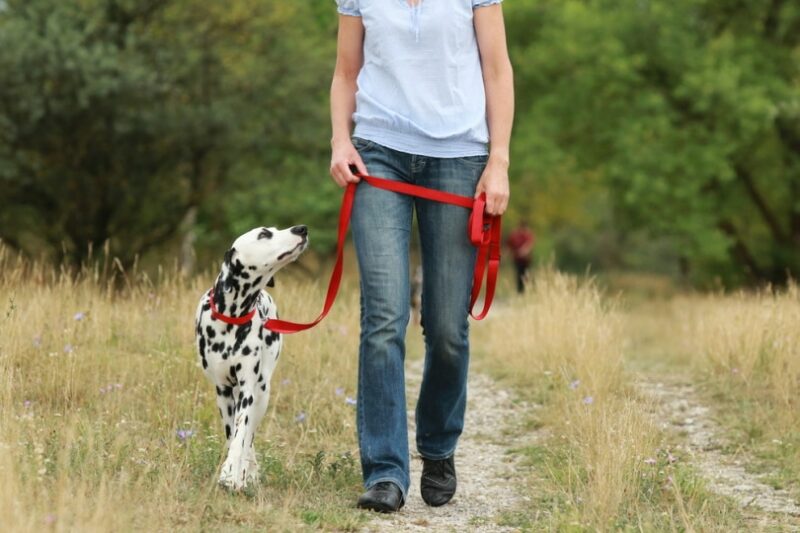Can Dogs Eat Squash? Vet-Reviewed Nutrition Facts & Safety Guide
Updated on

Click to Skip Ahead
Squash is one of those vegetables you can enjoy at any time of year. There are two categories of squash: summer and winter. And guess what? Dogs can enjoy both types.
Squash is loaded with vitamins and minerals that can benefit your dog’s health in several ways. In some cases, the rinds are also safe to eat, and because different types of squash cook a little differently, it adds nice variety.
Here’s a breakdown of everything squash-related for your dog.
Pumpkins, Squash, and Gourds: What’s the Difference?
Before we get into the nutritional benefits of squash, we have to clarify a few things about pumpkins, squash, and gourds.
The truth is, there isn’t much of a difference between the three. They all belong to the Cucurbitaceae family, along with cucumbers, watermelons and cantaloupe, and have been used for many purposes for thousands of years.
Pumpkins are a type of squash grown in the US for no other reason other than looks, pies, and jack-o-lanterns, but they’re still squash. In other countries, they are consumed more frequently, and are delicious roasted or in soup. On the other hand, gourds change color when cured and are used for non-edible purposes like containers and musical instruments. Regardless, all squashes and gourds are considered non-toxic.

Nutritional Benefits of Squash for Dogs
There are hundreds of squashes available, so it’s impossible to list all the nutritional benefits of each type. Generally speaking, you can expect these benefits.
1. Eye, Skin, and Coat
Squash is rich in vitamin C and beta-carotene. These two combined may help fight against certain eye issues like cataracts and vision loss. It will also help with a healthy, shiny coat.
2. Blood Health
Several types of squashes are rich in vitamin B6, a vitamin naturally found in most foods. Dogs with a B6 deficiency can develop severe anemia, fluid in the thorax, congestion of the liver, heart problems, and difficulty breathing.
Commercial dog foods are usually made with the right amount of B vitamins, but squash can also play its part in your dog’s B6 consumption.
3. Digestive Health
Squash is high in fiber and easily digestible which can help keep your dog regular. It’s one of the reasons vets recommend feeding pumpkin to your dog when diarrhea sets in, or if they suffer with the anal glands. If you’re cutting calories in your dog’s diet, squash’s fiber content can help your pooch feel fuller for longer.

How to Offer Squash to Your Dog
Offering squash to your dog is simple. You can steam or roast it, or get creative and make your own dog treats. The sky’s the limit with squash.
- Always remove the seeds and any thick rinds (eg. pumpkin)
- Always cook squash before feeding it to your dog, raw squash is harder to digest
- Add extra salt, butter, garlic, or processed sugar
- Feed too much in one go – start by offering a couple of bite-sized pieces at a time
Conclusion
Squash is an excellent treat to offer your dog at any time of the year. It’s full of vitamins and minerals, and it’s a great low-calorie option for overweight pups. High in fiber, low in fat and really tasty, it’s not only a healthy option for your dogs, but perhaps we should all be adding more squash to our diets!













